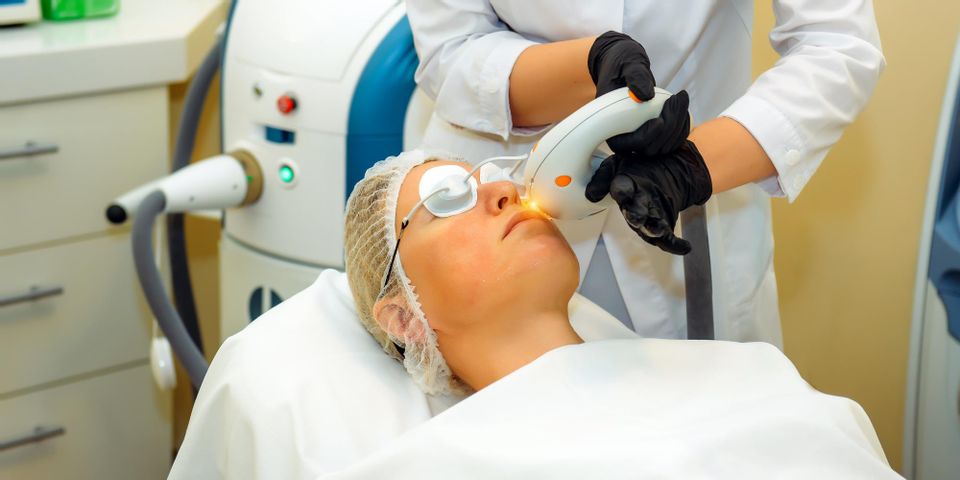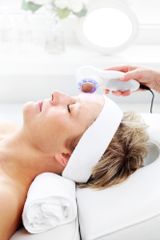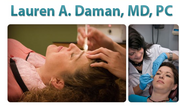
If you live with an illness, you may have tried several different treatment options to manage your condition. However, you might not have heard of an option called phototherapy. To help you determine whether this innovative treatment is right for you, here are answers to a few frequently asked questions.
Common Questions About Phototherapy Answered
What is phototherapy?
Also called light therapy, phototherapy is the process of exposing a patient to sources of light to treat a medical condition. Depending on the condition being treated, the light may come from the sun, fluorescent light bulbs, halogen lights, or other sources.
What does it treat?
Phototherapy can treat the following conditions:
- Skin Conditions: This therapy treats skin conditions such as vitiligo, psoriasis, and eczema. Patients are exposed to ultraviolet (UV) light to decrease skin cell growth and inflammation. For best results, a patient will need to have numerous sessions throughout their life.
- Seasonal Affective Disorder: People who experience seasonal affective disorder, or seasonal depression, often find relief from sitting near a device called a lightbox, which emits artificial light.
- Hyperbilirubinemia: This condition affects babies. It turns the eyes, skin, and body tissues yellow due to high levels of bilirubin, a substance involved in the breakdown of red blood cells. The therapy provides relief by reducing bilirubin levels.
Who is the ideal candidate?
 Most people are good candidates. However, you should talk to your doctor before starting the therapy if you have liver disease or lupus, if you’re pregnant or nursing, or if you have a family history of skin cancer.
Most people are good candidates. However, you should talk to your doctor before starting the therapy if you have liver disease or lupus, if you’re pregnant or nursing, or if you have a family history of skin cancer.
Are there any risks?
Phototherapy is generally considered very safe. However, when a lightbox is used to treat seasonal depression, patients may experience temporary side effects, including irritability, fatigue, headaches, and insomnia.
Additionally, phototherapy for hyperbilirubinemia can cause temporary rashes, diarrhea, dehydration, and overheating. Talk to your health care provider about any concerns you may have before beginning the therapy.
If you’re interested in treating a skin condition with phototherapy, turn to Lauren A. Daman, M.D., P.C. Based in Hartford, CT, this skin specialist uses state-of-the-art technology to provide safe, effective treatments. She also offers a variety of other services, including microdermabrasion, skin surgery, and Botox®. Learn more about her offerings online and call (860) 246-3533 to schedule an appointment.
About the Business
(2 reviews)
Have a question? Ask the experts!
Send your question

